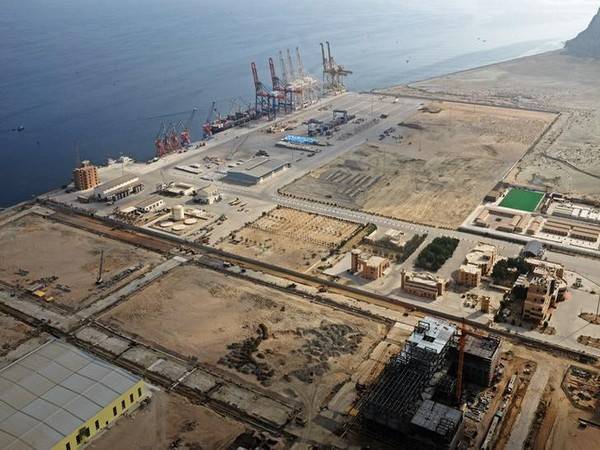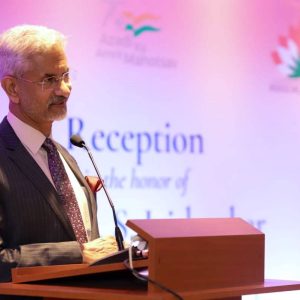Beijing is much concerned about the CPEC, which is the centrepiece of the BRI which was slowed down by sluggish pace of work, frequent terror attacks, and incidences of corruption…reports Asian Lite News
After the initial fanfare about Chinese projects in South-Asian countries, the much-touted infrastructure deals in nations like Bangladesh, Pakistan and Nepal are reportedly stuck in limbo by delays, complications and increased costs.
China’s highly-touted Belt and Road Initiative (BRI) seems to be losing its sheen everywhere, as various issues including work at slow pace and terror attacks slow down the China-Pakistan Economic Corridor (CPEC) progress. Beijing is much concerned about the CPEC, which is the centrepiece of the BRI. The sluggish pace of work, frequent terror attacks, and incidences of corruption have slowed it down.
Last month, a Pakistan Senate panel had expressed concern over the slow pace of development on the CPEC and dissatisfaction being expressed by Chinese companies, Dawn reported. Besides Pakistan, Bangladesh authorities too have expressed concern over the slow progress of Chinese assisted infrastructure projects agreed under the bilateral MoUs in 2016.
A report by The Singapore Post stated that over two dozen MoUs/agreements which were signed during the October 2016 visit of Chinese President Xi Jinping to Dhaka, has not materialised.

The report said that China has been very slow in completing the financial modalities and pursuing the implementation of these projects despite Bangladesh’s repeated requests. “In Nepal too, Chinese involvement in hydro-power projects is reportedly mired in controversies,” the report added.
BRI promises to create opportunities for South Asia to facilitate a sustainable growth model but it also implies significant environmental risks, apart from economic, legal and sovereignty issues.
South Asia is amongst the main regions likely to be hit severely by the negative environmental impact of climate change. BRI announced by Beijing in 2013, will exacerbate these trends, reported European Foundation for South Asian Studies (EFSAS).
Furthermore, a research report has revealed that BRI has left scores of lower- and middle-income countries (LMIC) saddled with “hidden debts” totalling USD 385 billion.
The findings are part of a report published by AidData, an international development research lab based at the College of William and Mary in Virginia. According to this report, China has used debt rather than an aid to establish a dominant position in the international development finance market.
The report has analysed more than 13,000 aid and debt-financed projects worth more than USD 843 billion across 165 countries. According to AidData, over 40 LMIC now have levels of debt exposure to China higher than 10 per cent of their national gross domestic product.
The number of “mega-projects”–financed with loans worth USD 500 million or more–approved each year tripled during the first five years of BRI implementation. Despite larger loans and expanded loan portfolios, BRI has not led to any major changes in the sectoral or geographical composition of China’s overseas development finance program, the report said. (ANI)













